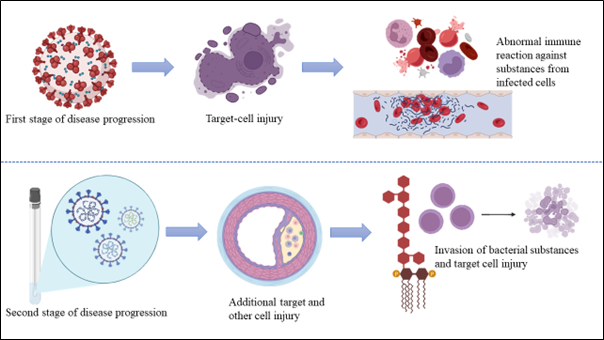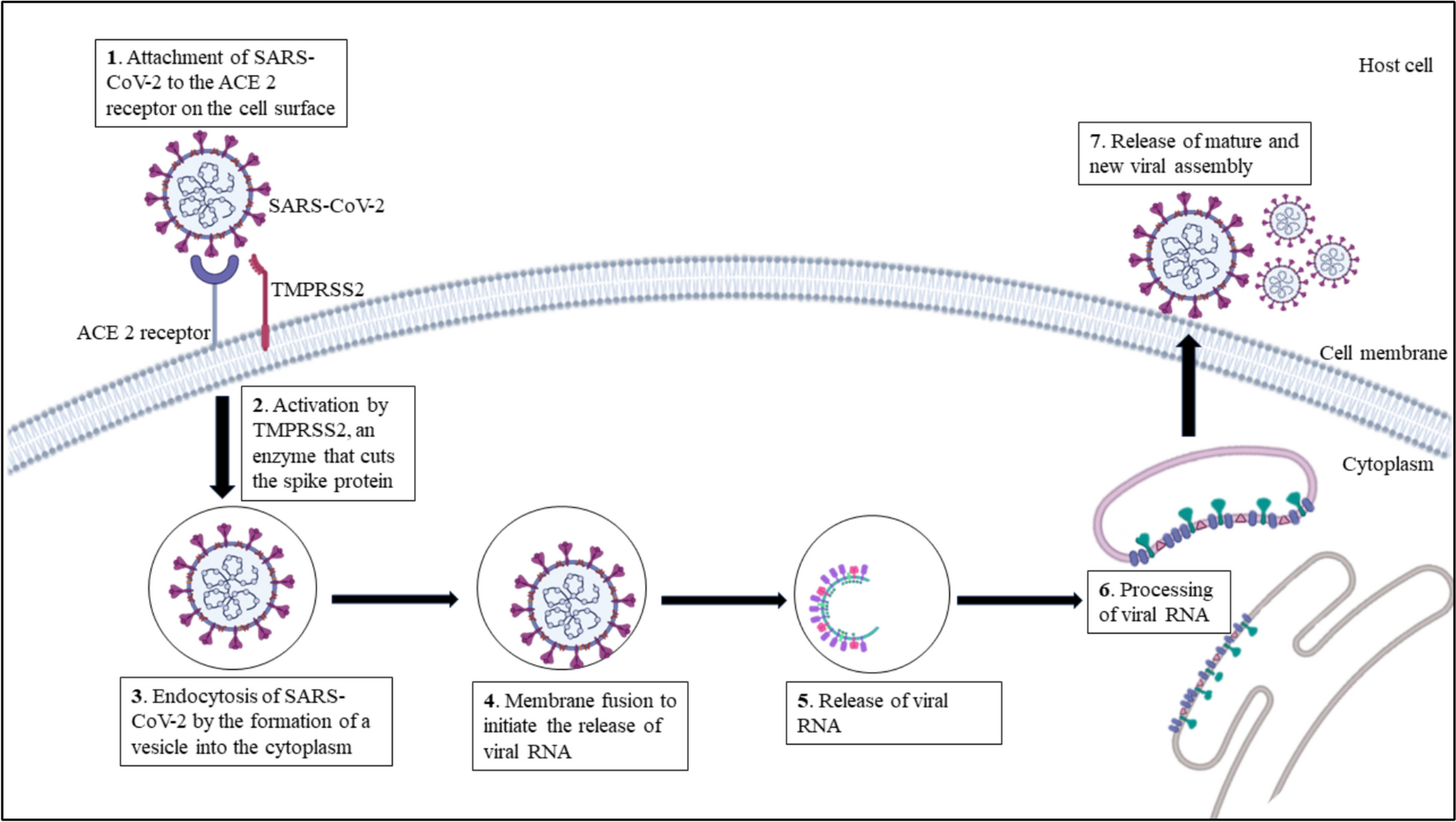Influence of COVID-19 on pediatric immunocompromised children: mechanism and implications for pathogenesis
Published in Healthcare & Nursing

The paper explores how SARS‑CoV‑2 infection uniquely affects immunocompromised pediatric patients by examining both protective and pathogenic mechanisms. It reviews age‑related factors such as lower ACE2/TMPRSS2 expression and stronger innate immunity that generally lead to milder COVID‑19 in children, while highlighting the risk that immunosuppression disrupts viral clearance and weakens vaccine responses. The authors detail two contrasting immune pathways: one in which a dampened immune system may prevent tissue-damaging hyperinflammation, and another where immunocompromise allows persistent viral replication and severe illness. The work also examines the development of pediatric multisystem inflammatory syndrome (MIS-C) in this population, triggered by aberrant cytokine responses, immune complexes, superantigen effects, Notch signaling, and gut-endothelium interactions. Finally, the article discusses how SARS‑CoV‑2 can exacerbate immune dysregulation in children with cancer, transplants, or autoimmune conditions, complicating management strategies such as the balance between immunosuppressive therapy and antiviral control, and underscores the pressing need for targeted vaccination approaches and further research into optimizing care for these vulnerable patients.





